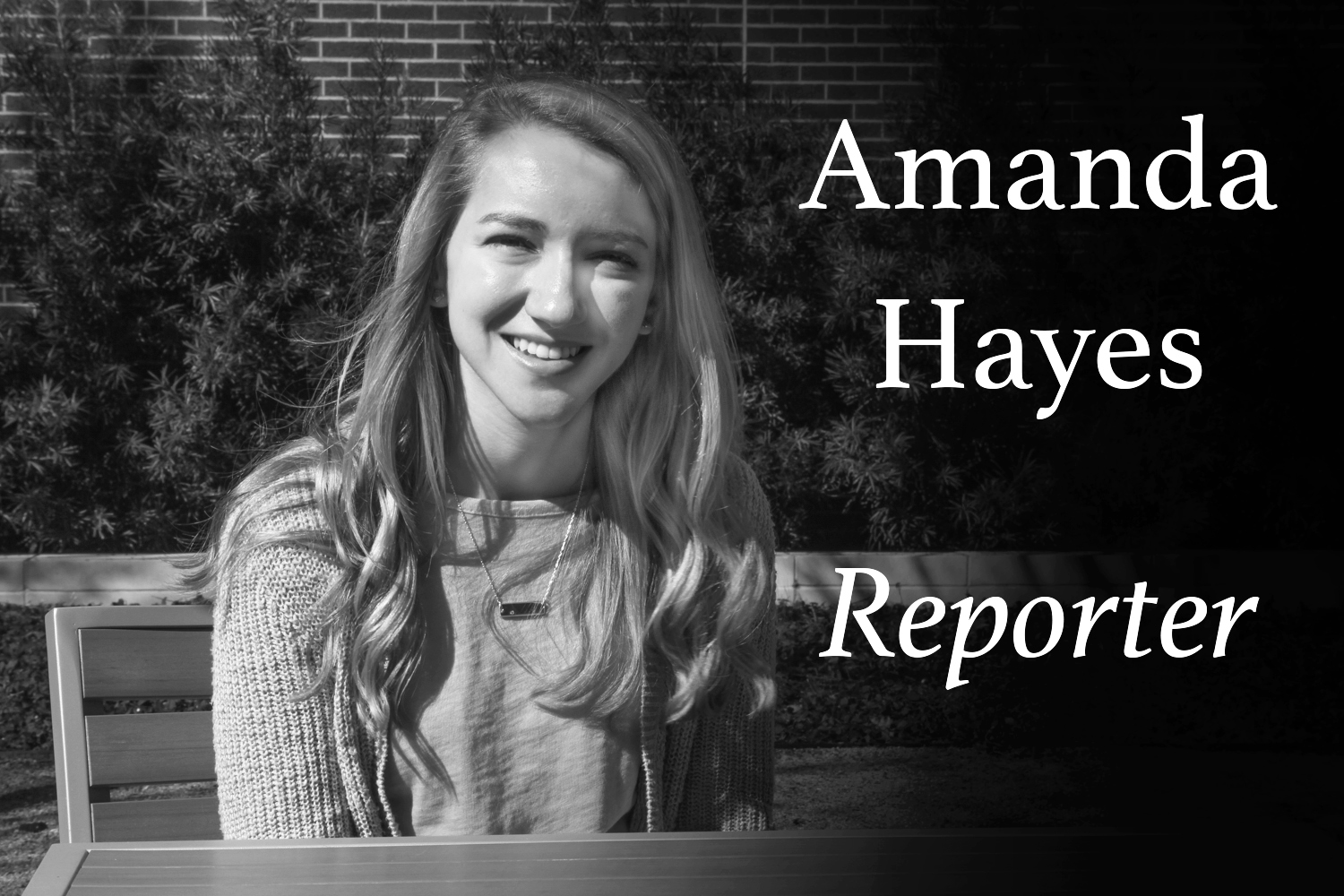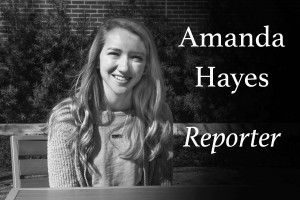During my freshman year of high school, we were required to take Teen Leadership. It was one of those classes where you learn about drugs and peer pressure and wonder if they are just giving students more ideas. In order to better understand ourselves, we did an activity in which we told our classmates what we honestly thought of them. Each student got a piece of paper and wrote two columns: strengths and constraints. Then we taped them to our backs and moved around the classroom as we filled in each other’s papers.
I know this was intended to be an enlightening activity so that we could get a glimpse of how others perceive us. As a self-aware 14-year-old, however, this felt like torture. Once we were able to rip the papers off our back and read the comments from our classmates, the results were not much of a surprise to me.
The strengths side was filled with generic encouragements about being “super sweet” or having cute clothes. Of course, my eyes only scanned the positive side and immediately focused on the negative words. Even though I was expecting them, it still stung a little to read the descriptions I was so familiar with: quiet, shy, doesn’t talk a lot.
It wasn’t too hard to brush off this particular incident. These people aren’t really my friends, I thought. My real friends and family know my fun and talkative side.
After an accumulation of years, however, of people saying that something about you should be placed in the “constraints” category, you start to believe it.
I don’t know if it’s the StrengthsFinder, Myer’s Briggs, or just growing up, but college has helped me learn a lot about myself. I think from these personality tests, and just experience, you learn what makes you different. Maybe even more importantly, you learn why that’s a good thing.
Growing up, I felt like I got one common message from school, camp and extracurricular activities: louder is better. The loudest students got the teacher’s attention, were deemed the leaders, and were the most well-known. My close friends and family called me Chatterbox, but in large groups I often felt overwhelmed and exhausted. I didn’t understand how some kids at summer camp could be social all day long, while I secretly looked forward to “rest hour” so I could read and write letters in the cabin.
So I kept waiting until I could shed this flaw. I pictured my older, mature self as having unlimited energy and being one of those “never meets a stranger” types. It wasn’t until college that I realized this quiet nature wasn’t just a side effect of my awkward teenage years (though that certainly didn’t help). Introversion, or extroversion, is as much a part of a person as their hair color or sense of humor.
Susan Cain, author of “Quiet: The Power of Introverts in a World That Can’t Stop Talking,” presented a popular TED talk about the power of introverts. (TED is a nonprofit that spreads ideas through short speeches online.) One-third to one-half of the population, she said, identify themselves as an introvert. She argues that introverts are undervalued in our culture, and the world needs their listening ear, creativity and thoughtfulness.
Cain explains that introversion doesn’t necessarily make someone shy. In reality, the difference between introversion and extroversion is how someone responds to stimulation. Introverts typically feel drained by socialization and high-energy environments, while extroverts are energized by these situations.
According to Cain’s book, Rosa Parks, Ghandi and Eleanor Roosevelt described themselves as introverts and did not enjoy being in the spotlight. Ghandi said, “In a gentle way, you can shake the world.”
It’s important to note that there is no such thing as a complete introvert or extrovert. Meeting new people can be exciting for introverts, and even extroverts crave alone time now and then.
Some people even describe themselves as ambiverts, smack-dab in the middle. Regardless of where you fall in this spectrum, it helps to be aware of how you operate and can best interact with others.
So whether you’ve been called soft-spoken or obnoxious, calm or attention seeking, I think you should proudly place it under the “strengths” category.
Amanda Hayes is a junior film and digital media major from Coppell. She is a reporter and regular columnist for the Lariat.







